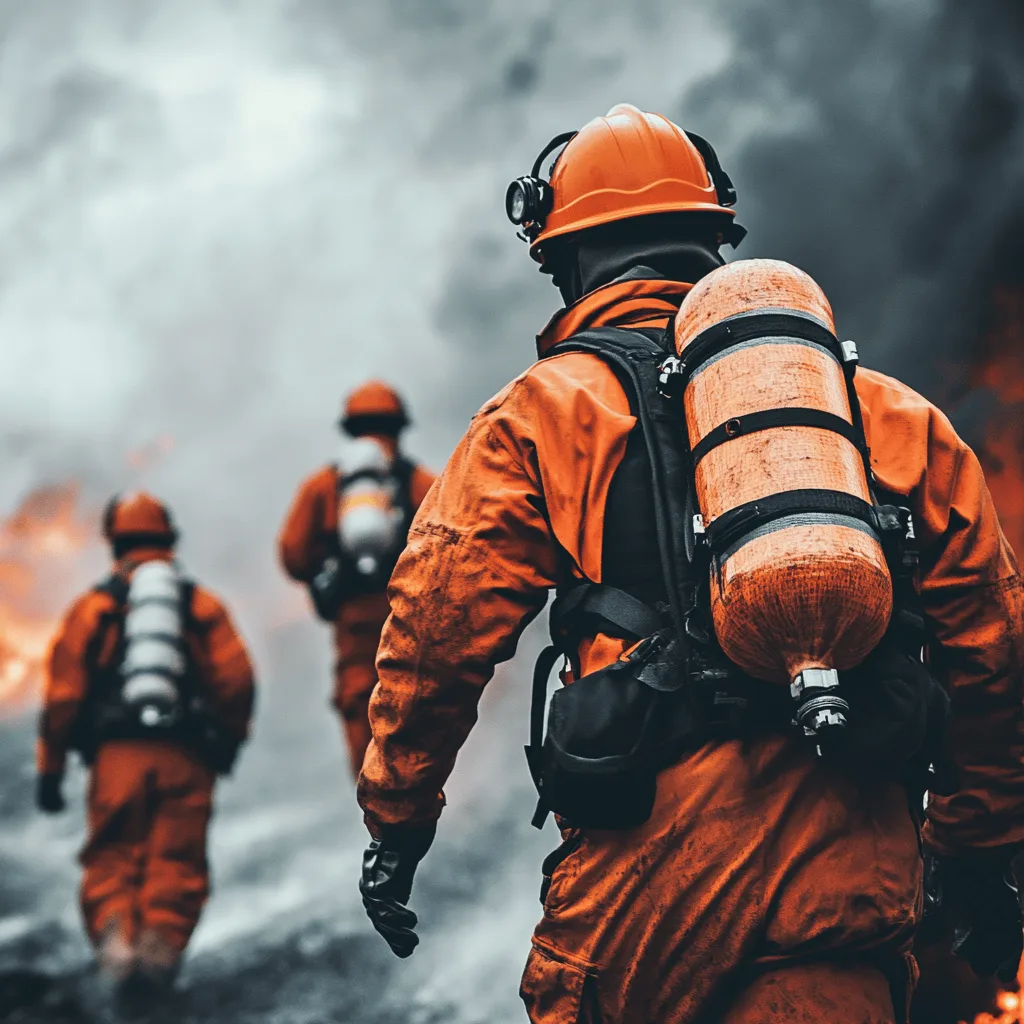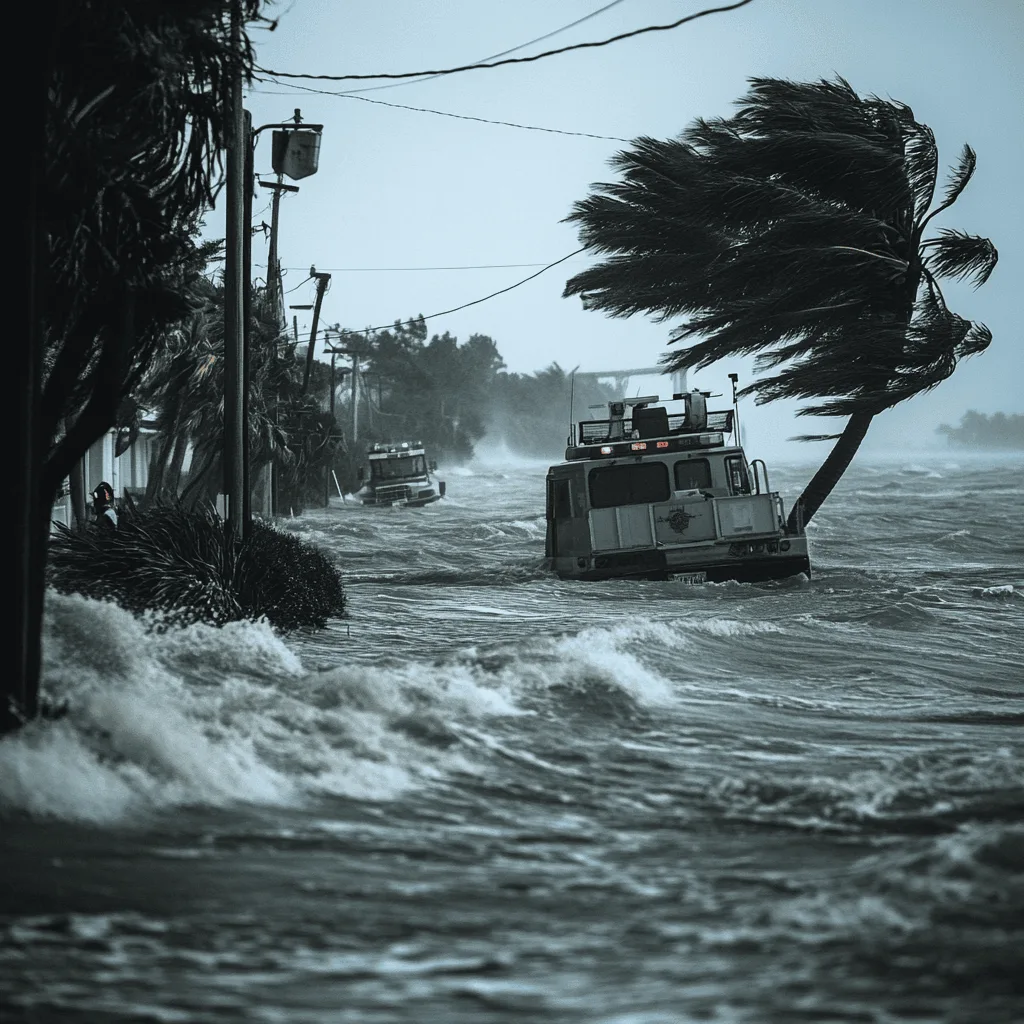
The coronavirus outbreak has been an unexpected and destructive upheaval for the global community. As of the beginning of June, there have been more than 7 million cases worldwide, and over 400,000 reported deaths.
In addition to the immediate harm that the virus poses to public health, experts from the Centers for Disease Control and Prevention (CDC), the World Health Organization (WHO), and other groups have directed attention to the mental health effects brought about by the pandemic.
First responders and disaster survivors are prone to stress symptoms resulting from direct or secondary exposure to traumatic events, which have become far more prevalent due to the massive scale of the coronavirus crisis.
Additionally, social distancing has left many feeling isolated, with Healthline reporting sustained increases in depression and anxiety symptoms. The constant media coverage of the pandemic has contributed to severe fears of contracting the virus, especially for particularly vulnerable populations and those with immune system deficiencies.
According to YouGov’s COVID-19 Public Monitor, three in five Americans fear they’ll contract the virus, and Hispanic and Black respondents were nearly twice as likely to report being “very scared”.
With the COVID-19 threat likely to continue for the foreseeable future, we’ve collected some tips and resources for preserving your well being throughout the pandemic. Continue reading for some tips to stay active and aware as well as resources to receive support from home.
How to stay aware while staying at home
Social distancing guidelines are a necessary component of coronavirus management, but they can also be incredibly isolating. Ongoing quarantines have also contributed to food and housing insecurity, unemployment rates, and other socioeconomic conditions that contribute to poor physical and mental health.
For those with the capacity and financial means to stay active from home, here are some productive ways to channel your unease to keep yourself and your community safe:
- Pay attention to warning signs among your friends and family: The Substance Abuse and Mental Health Services Administration (SAMHSA) website lists warning signs and risk factors for emotional distress resulting from natural and human-made disasters, such as altered sleep or eating patterns, fatigue, or feelings of hopelessness. This is a great resource for checking in with yourself and your mental capacity, as well as supporting those around you who may be experiencing emotional distress.
- Improve your situational awareness: Constant news coverage about the pandemic can be overwhelming. Avoid information overload or misinformation with sites like the Johns Hopkins COVID-19 Dashboard, the COVID Tracking Project, or Worldometer, which provide near real-time updates and easy visualizations that give greater context on the scope of the virus’ spread.
- Prepare for future risks: Wildfire season has officially started for 2020, and COVID-19 will make it a particularly devastating year for fires. Now is the perfect time to begin fireproofing your home and creating your emergency evacuation plan. Try to prepare for other disasters as well; the peak of hurricane season is approaching soon, and other incidents like earthquakes can strike without notice.
- Provide support to disadvantaged communities: Preserving mental health is particularly difficult, if not impossible, for those individuals lacking the material resources and support to comfortably remain at home. The Neighborhood Funders Group (NFG) has put together a list of relief funds collecting donations for those experiencing the greatest harms as a result of the pandemic.
Resources to access further support
Taking steps to stay informed and prepared from home can be a helpful way to remain active, but there’s no way to fully avoid the emotional distress brought about by the pandemic.
These resources can help you access emotional and financial support to help you over the coming months:
- CDC tools for coping with stress: This site includes an overview of potential causes of stress related to the virus, targeted advice for first responders and those with greater risk of serious illness, and various resources and informational materials.
- National Alliance on Mental Illness (NAMI) resource and information guide: The NAMI guide is organized as an FAQ and provides resources for a variety of issues, like grappling with the death of a loved one due to COVID-19 or understanding the risks the illness poses to incarcerated individuals.
- SAMHSA Disaster Distress Helpline: This 24/7 service provides immediate crisis counseling to those suffering emotional distress following a disaster. The helpline is answering calls and texts related to the COVID-19 pandemic, as well as providing referrals for follow-up care.
- First Responders Resiliency, Inc.: This non-profit organization targets first responders, with the goal of increasing responder resiliency and providing conferences, trainings, and other services for overcoming the damages caused by PTSD.
- FloridaRehab.com substance abuse and mental health resources for first responders: This resource page outlines risk factors, warning signs, and treatment options for first responders, as well as links to other relevant resources.
- Feeding America food bank directory: For those facing food insecurity, this website allows you to find your local food bank by searching your zip code or state.
- 211 directory for housing, financial, and other support: 211 is a service that connects free or sliding-scale service providers to those in need. This directory allows you to find your local 211 and research what types of support they can provide.
- The Trevor Project urgent support: The Trevor Project provides urgent support to LGBTQ youth, who may face increased risks of violence or other harm during the coronavirus quarantine.
- National Domestic Violence Hotline: This 24/7 support hotline helps victims of domestic violence seek free, discrete help from highly trained advocates, versed in over 200 languages.
Interested in learning more about bringing situational intelligence to pandemic preparedness? Click here to see how Perimeter is responding to COVID-19.
By Trevor Greenan. Questions? Get in touch at tgreenan@perimeterplatform.com.


 Perimeter Staff – June 10, 2020
Perimeter Staff – June 10, 2020 


